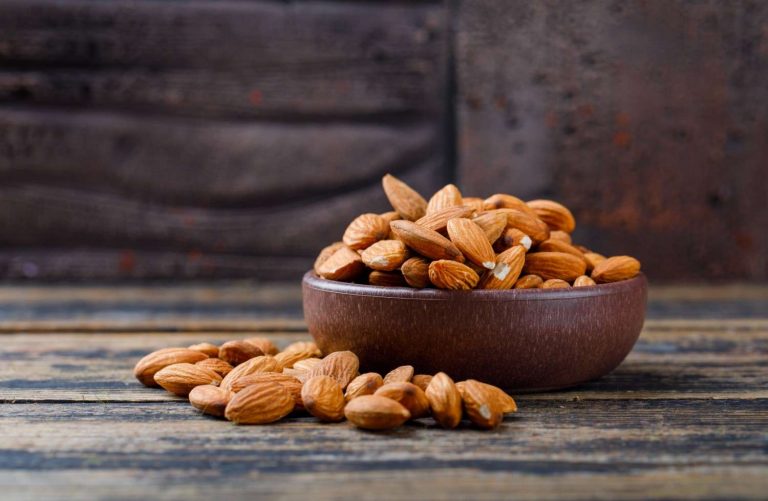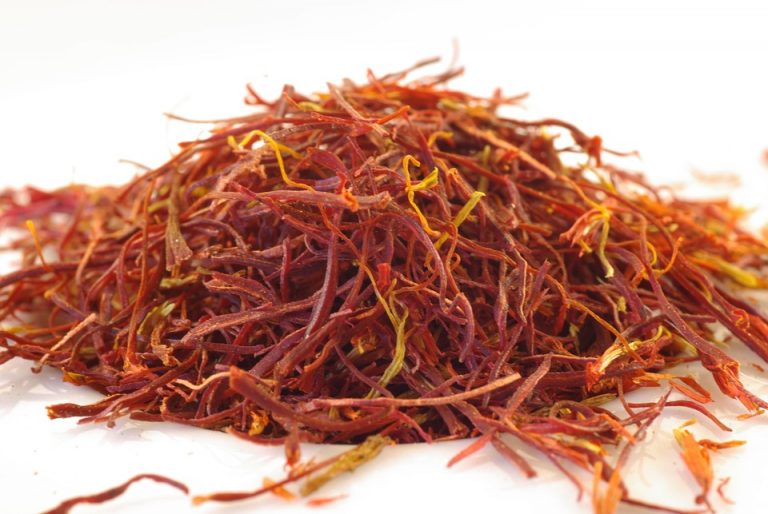Did you know that what you eat can significantly impact your vision? It’s true! Many people overlook the connection between diet and eye health, but certain foods—especially fruits—can play a critical role in keeping our peepers in top shape. Grapes, in particular, are not just a tasty snack; they pack a nutritional punch that can benefit your eyes. Let’s dive into five delicious types of grapes that can help boost your eye health and explore why they’re so beneficial.
Contents
1. Red Grapes: The Antioxidant Powerhouses
Red grapes are often celebrated for their high antioxidant content, particularly resveratrol. This potent compound is known for its anti-inflammatory properties and ability to protect against oxidative stress. But what does that mean for your eyes?
Benefits for Eye Health
- Protection Against Macular Degeneration: Research suggests that antioxidants like resveratrol may play a role in reducing the risk of age-related macular degeneration (AMD), a leading cause of vision loss in older adults.
- Improved Blood Flow: The flavonoids in red grapes can improve circulation, which is vital for eye health. Better blood flow means more nutrients and oxygen reaching your eyes.
Caveats
While red grapes are fantastic, moderation is key. They’re also relatively high in sugar compared to other fruits. So, enjoy them, but don’t overdo it!
2. Green Grapes: The Hydration Helpers
Green grapes might not have the same reputation as their red counterparts, but they’re equally beneficial for your eyes. They’re lower in calories and sugar, making them a hydrating and guilt-free snack.
Benefits for Eye Health
- High in Vitamin C: Green grapes are rich in vitamin C, an essential nutrient for maintaining eye health. Studies have shown that vitamin C can reduce the risk of cataracts and may help maintain the health of the retina.
- Moisture Retention: Staying hydrated is essential for eye health, and green grapes can help. Their high water content can assist in keeping your eyes moist, reducing dryness and irritation.
Caveats
While they’re lower in sugar, some people may find green grapes less sweet than red ones. If you’re looking for a sweeter option, consider pairing them with a bit of cheese or yogurt.
3. Black Grapes: The Eye-Boosting Superstars
Black grapes are often overlooked but deserve a spot on your plate. They contain anthocyanins, the pigments that give them their dark color, and are powerful antioxidants.
Benefits for Eye Health
- Enhanced Night Vision: Some studies suggest that anthocyanins may improve night vision and overall visual acuity. This could be particularly beneficial for those who struggle with low-light conditions.
- Reduced Risk of Retinal Damage: The antioxidants in black grapes may help protect the retina from oxidative damage, reducing the risk of conditions like diabetic retinopathy.
Caveats
While black grapes are incredibly nutritious, they can be a bit more expensive and less accessible than red or green varieties. Keep an eye out for sales!
4. Concord Grapes: The Unique Flavor with a Health Boost
Concord grapes are known for their distinctive flavor and are often used in jams and juices. But they’re also a fantastic choice for eye health thanks to their high levels of antioxidants.
Benefits for Eye Health
- Protection Against UV Damage: Some studies suggest that the antioxidants in Concord grapes can help protect your eyes from harmful UV rays. This is particularly relevant as exposure to UV light can increase the risk of cataracts.
- Support for Eye Tissue: The nutrients in Concord grapes can support the health of eye tissues, helping to maintain their integrity as we age.
Caveats
Concord grapes are often sold as juice or jelly, which can contain added sugars. If you can, opt for whole grapes to maximize their health benefits.
5. Thompson Seedless Grapes: The Versatile Snack
Thompson seedless grapes are a staple in many households. They’re sweet, easy to eat, and incredibly versatile in the kitchen.
Benefits for Eye Health
- Rich in Phytochemicals: These grapes contain various phytochemicals that can help combat oxidative stress. This is crucial for maintaining the health of your eyes as you age.
- Convenient Snack: Their convenience makes them easy to incorporate into your diet. Whether you’re tossing them in a salad, blending them into a smoothie, or just snacking on them, they’re an easy way to boost your eye health.
Caveats
While they’re healthy, it’s easy to munch on too many, leading to excessive sugar intake. Stick to a serving size to keep your diet balanced.
Frequently Asked Questions
1. How do grapes help improve vision?
Grapes are rich in antioxidants and vitamins that protect the eyes from oxidative stress and reduce the risk of eye diseases like cataracts and macular degeneration.
2. Can I eat grapes every day for better eye health?
Yes, incorporating a variety of grapes into your diet can provide essential nutrients that support eye health. Just remember to enjoy them in moderation.
3. Are there any side effects of eating too many grapes?
While grapes are healthy, they can be high in sugar. Eating too many could lead to weight gain or increased blood sugar levels, especially for those with diabetes.
4. What’s the best way to enjoy grapes for eye health?
Fresh grapes are best. You can eat them raw, add them to salads, or blend them into smoothies for a nutritious boost.
Conclusion
Incorporating grapes into your diet is a delicious and effective way to support your eye health. Whether you prefer the antioxidant-rich red, the hydrating green, the unique black, the flavorful Concord, or the versatile Thompson seedless grapes, each variety offers unique benefits.
So why not make a habit of snacking on these tasty fruits? Your eyes will thank you! And remember, while grapes can contribute to better vision, they’re just one part of a balanced diet. Pair them with other nutrient-rich foods for optimal health.
Disclaimer: This article is for educational purposes only and is not a substitute for professional medical advice. Always consult a qualified healthcare provider before making changes to your health routine.
References
-
Liu, Z., & Wang, L. (2020). Antioxidants in Grapes: A Review on Health Benefits and Food Applications. Food Chemistry, 310, 125871. https://doi.org/10.1016/j.foodchem.2019.125871
-
Ma, L., & Zhang, Y. (2018). The Role of Dietary Antioxidants in Eye Health. Journal of Nutrition, 148(5), 813-820. https://doi.org/10.1093/jn/nxy048
-
Mayo Clinic. (2023). Age-related macular degeneration. Retrieved from https://www.mayoclinic.org/diseases-conditions/age-related-macular-degeneration/symptoms-causes/syc-20356070
Get Your FREE Natural Health Guide!
Subscribe now and receive our exclusive ebook packed with natural health tips, practical wellness advice, and easy lifestyle changes, delivered straight to your inbox.




